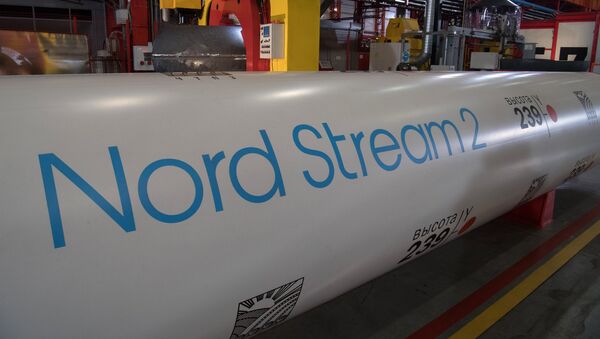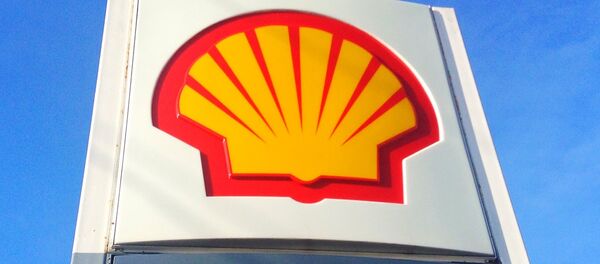"We export gas from different countries, from Russia, and from the United Kingdom, Norway and the Netherlands as well. Germany's demand for natural gas will… increase in the coming years and the Nord Stream 2 is among the projects that the German government considers to be quite rational," Fietz said at a press briefing.
READ MORE: Nord Stream 2 Project Ensures Energy Security — German Economy Minister
She added that while Nord Stream 2 was an economic project, it also had a political aspect, involving the necessity to define the role of the Ukrainian transit after 2019.
The Nord Stream 2 is a joint venture of Russian energy giant Gazprom and five European companies ― French Engie, Austrian OMV AG, UK-Dutch Royal Dutch Shell, and German Uniper and Wintershall.
The project has been welcomed by some countries in Europe and opposed by others, including the United States aspiring to boost its liquefied natural gas export to Europe, and Ukraine, which may suffer transit revenue drops if Nord Stream 2 becomes operational, as well as a 2-3 percent GDP loss.
On October 3, Austrian Chancellor Sebastian Kurz said that EU nations pledged to respect Ukraine's gas transit interests after the Nord Stream 2 implementation.


